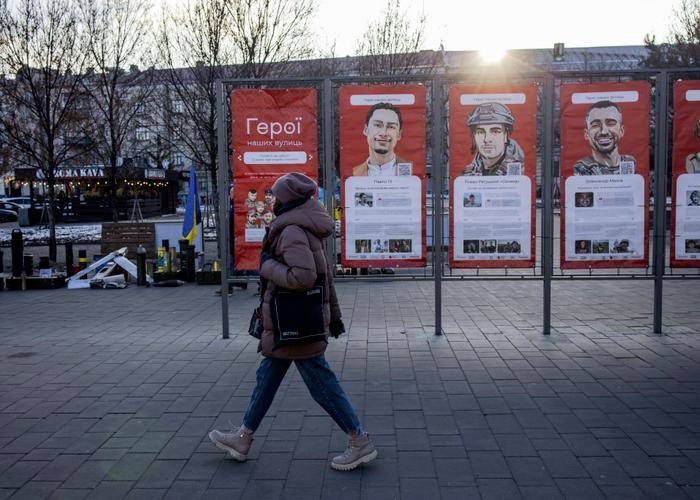Europe's Unity Faces a New Challenge Amidst Ukraine Negotiations
As the Ukraine conflict continues to simmer, Europe's unity is being put to the test. The ongoing negotiations between Washington and Moscow have raised questions about Europe's role in shaping the continent's future. With the United States and Russia holding talks, European leaders are grappling with the implications of these negotiations on the region's stability and security.
The current negotiations between Washington and Moscow are taking place against the backdrop of a shifting global landscape. Russia's invasion of Ukraine has led to a significant escalation of tensions between Russia and the West. The United States has been at the forefront of efforts to isolate Russia diplomatically and economically, while European countries have been divided in their response ¹.
The Ukraine conflict has exposed deep divisions within Europe. Some countries, such as Poland and the Baltic states, have been vocal in their support for Ukraine and have called for tougher sanctions against Russia. Others, such as Germany and France, have taken a more cautious approach, emphasizing the need for diplomacy and dialogue.
The negotiations between Washington and Moscow have added a new layer of complexity to the situation. European leaders are concerned that a bilateral deal between the United States and Russia could undermine European interests and create new tensions within the region.
The Ukraine conflict has marked a return to great power politics, with the United States, Russia, and China vying for influence and power. Europe is caught in the middle, struggling to assert its own interests and values in a rapidly changing world.
The negotiations between Washington and Moscow are a reminder that Europe is no longer the center of global attention. The United States and Russia are increasingly focused on their own bilateral relationship, with Europe playing a secondary role.
The Ukraine conflict has significant implications for European security. The ongoing negotiations between Washington and Moscow have raised questions about the future of NATO and the European Union's role in regional security.
European leaders are concerned that a bilateral deal between the United States and Russia could lead to a reduction in NATO's military presence in Eastern Europe. This could create a power vacuum, allowing Russia to exert greater influence over the region.
As the Ukraine conflict continues to simmer, there is a growing recognition that Europe needs to take a more assertive role in shaping the region's future. European leaders must work together to develop a common strategy for dealing with Russia and promoting regional stability.
This will require a renewed commitment to European unity and a willingness to take tough decisions. European leaders must be prepared to stand up to Russia and defend European interests, while also engaging in constructive dialogue to find a peaceful resolution to the conflict.
The Ukraine conflict has marked a significant turning point in European history. As the negotiations between Washington and Moscow continue, European leaders must recognize the need for a more assertive and unified approach to regional security.
By working together and promoting European interests, leaders can help to create a more stable and secure region. This will require a renewed commitment to European unity and a willingness to take tough decisions. The future of Europe is at stake, and it is up to European leaders to shape it.




No comments yet
Be the first to share your thoughts!